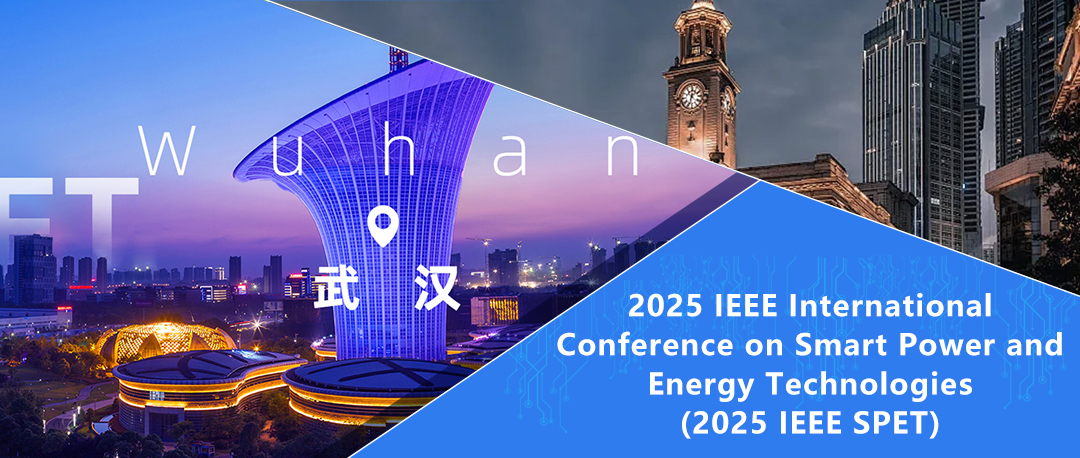2025 SPET Conference Keynote Speakers
SPEAKER 1 : JINYU WEN
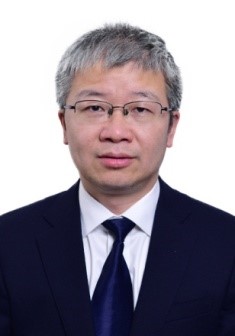
Keynote Title:
Rapid system prototype‐based physical simulation platforms for new power systems
Keynote Abstract:
The traditional power system dominated by synchronous generators is gradually evolving into a power system with high penetration of inverter‐based resources (IBRs). In light of these characteristics, current simulation technologies are inadequate and new requirements for the simulation platforms have been proposed. In response, the rapid system prototype (RSP)‐based physical simulation platforms, which include the digital simulator, the rapid prototype controller, and the rapid object‐controlled prototype. RSP addresses the time‐consuming and labour‐intensive shortcomings of traditional simulation techniques and meets the rapid evolution needs of the power system with high penetration of IBRs. Compared with existing simulation platforms, RSP is a more suitable platform for the physical simulation of power systems with high penetration of IBRs. Using the modular multilevel converter‐based high‐voltage direct current as a case study, a novel physical simulation platform for power systems based on RSP is constructed. Experimental results demonstrate that the RSP concept and technology can establish an enterprise‐level simulation environment and engineering practice platform.
Biography:
Jinyu Wen, Professor at Huazhong University of Science and Technology (HUST), Vice President of HUST, Director of the National Key Laboratory for Advanced Electromagnetic Technology, Director of SGO Laboratory. In recent years, he has been dedicated to addressing challenges such as large-scale renewable energy integration and power sector carbon neutrality through emerging technologies like energy storage and flexible DC transmission. He led the team to win the first National Science and Technology Award in the field of energy storage for new power systems. His proposed technologies, including heterogeneous series-connected converters and multi-degree-of-freedom control for overhead flexible DC transmission, have been applied in major projects such as the world's first ±800kV ultra-high-voltage flexible DC transmission project (Kunliulong) and the first hybrid ultra-high-voltage flexible DC transmission project (Baihetan-Jiangsu). Additionally, he proposed both combining deductive simulation and rapid prototyping simulation technologies which have been widely adopted by national and provincial power planning and operation agencies, as well as university research institutions. He was a Clarivate Highly Cited Researcher.
Rapid system prototype‐based physical simulation platforms for new power systems
Keynote Abstract:
The traditional power system dominated by synchronous generators is gradually evolving into a power system with high penetration of inverter‐based resources (IBRs). In light of these characteristics, current simulation technologies are inadequate and new requirements for the simulation platforms have been proposed. In response, the rapid system prototype (RSP)‐based physical simulation platforms, which include the digital simulator, the rapid prototype controller, and the rapid object‐controlled prototype. RSP addresses the time‐consuming and labour‐intensive shortcomings of traditional simulation techniques and meets the rapid evolution needs of the power system with high penetration of IBRs. Compared with existing simulation platforms, RSP is a more suitable platform for the physical simulation of power systems with high penetration of IBRs. Using the modular multilevel converter‐based high‐voltage direct current as a case study, a novel physical simulation platform for power systems based on RSP is constructed. Experimental results demonstrate that the RSP concept and technology can establish an enterprise‐level simulation environment and engineering practice platform.
Biography:
Jinyu Wen, Professor at Huazhong University of Science and Technology (HUST), Vice President of HUST, Director of the National Key Laboratory for Advanced Electromagnetic Technology, Director of SGO Laboratory. In recent years, he has been dedicated to addressing challenges such as large-scale renewable energy integration and power sector carbon neutrality through emerging technologies like energy storage and flexible DC transmission. He led the team to win the first National Science and Technology Award in the field of energy storage for new power systems. His proposed technologies, including heterogeneous series-connected converters and multi-degree-of-freedom control for overhead flexible DC transmission, have been applied in major projects such as the world's first ±800kV ultra-high-voltage flexible DC transmission project (Kunliulong) and the first hybrid ultra-high-voltage flexible DC transmission project (Baihetan-Jiangsu). Additionally, he proposed both combining deductive simulation and rapid prototyping simulation technologies which have been widely adopted by national and provincial power planning and operation agencies, as well as university research institutions. He was a Clarivate Highly Cited Researcher.
SPEAKER 2 : YI ZHANG
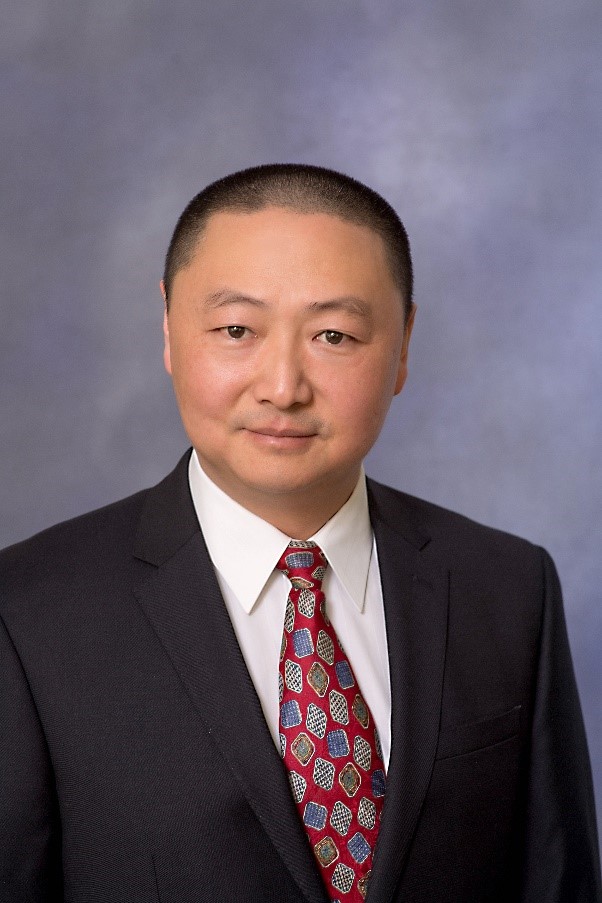
Keynote Title:
Developing Digital Twins for Modern Power Systems
Keynote Abstract:
This presentation highlights recent advancements in the development of digital twins for modern power systems. It explores the rationale behind selecting real-time electromagnetic transient (EMT) simulation as the foundational technology for power system digital twins. Both device-level and system-level digital twin architectures are introduced, showcasing their roles and integration. Real-world applications are summarized to demonstrate practical value, and future directions for research and development are outlined.
Biography:
Dr. Yi Zhang (FIEEE, FCAE, FEIC, P. Eng.) joined RTDS Technologies Inc. in 2000, where he now serves as Vice-President R&D and Chief Technology Officer (CTO). He has over 30 years of experiences working in power system simulation and analysis. His expertise includes Real Time EMT Simulation, Voltage Stability and HVDC, etc. As a principal developer of the RTDS simulator, he developed many simulation models and algorithms in the past 25 years. He is an active member in CIGRE and IEEE. He also serves as an adjunct professor at the University of Manitoba Canada and Hunan University China, and an editor of IEEE Transactions on Power Delivery. Dr. Zhang is a Fellow of IEEE, a Fellow of Canadian Academy of Engineering, a Fellow of Engineering Institute of Canada, and a registered professional engineer in the province of Manitoba.
Developing Digital Twins for Modern Power Systems
Keynote Abstract:
This presentation highlights recent advancements in the development of digital twins for modern power systems. It explores the rationale behind selecting real-time electromagnetic transient (EMT) simulation as the foundational technology for power system digital twins. Both device-level and system-level digital twin architectures are introduced, showcasing their roles and integration. Real-world applications are summarized to demonstrate practical value, and future directions for research and development are outlined.
Biography:
Dr. Yi Zhang (FIEEE, FCAE, FEIC, P. Eng.) joined RTDS Technologies Inc. in 2000, where he now serves as Vice-President R&D and Chief Technology Officer (CTO). He has over 30 years of experiences working in power system simulation and analysis. His expertise includes Real Time EMT Simulation, Voltage Stability and HVDC, etc. As a principal developer of the RTDS simulator, he developed many simulation models and algorithms in the past 25 years. He is an active member in CIGRE and IEEE. He also serves as an adjunct professor at the University of Manitoba Canada and Hunan University China, and an editor of IEEE Transactions on Power Delivery. Dr. Zhang is a Fellow of IEEE, a Fellow of Canadian Academy of Engineering, a Fellow of Engineering Institute of Canada, and a registered professional engineer in the province of Manitoba.
SPEAKER 3 : TIANJIAO PU
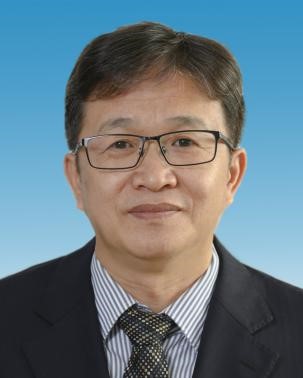
Keynote Title:
Research and Application of AI for Science (AI4S) in Power System
Keynote Abstract:
This report mainly introduces the basic concepts of AI for Science (AI4S),the exploration and application of AI4S in the power system, and future prospects.
Biography:
Tianjiao Pu, a professor-level senior engineer and doctoral supervisor, currently serves as the deputy chief engineer of China Electric Power Research Institute (CEPRI) and director of the Artificial Intelligence (AI) Research Institute of CEPRI. He is a fellow of the Chinese Society for Electrical Engineering (CSEE) and the Institution of Engineering and Technology (IET). With long-term research experience in power AI and power system automation, he has led 6 national-level projects including the National Key R&D Program, Smart Grid Joint Fund Key Project, and National 863 Program, along with over 20 provincial/ministerial-level scientific projects such as the Beijing Natural Science Foundation Key Project. He holds multiple academic leadership positions, including the deputy director of CSEE AI Technical Committee, the deputy director of CSEE Digital Twin Application in Power Systems Technical Committee, the deputy director of China Energy Research Society AI Committee, the leader of the State Grid Corporation’s “AI Cognitive Decision-making Technology R&D Team for New Power Systems”, and the director of the State Grid Corporation’s “AI Technology and Application Laboratory for Power System”. His achievements include 11 first prizes for scientific progress at provincial/ministerial, social organization, and State Grid levels, 145 published papers (115 indexed by SCI/EI), 61 authorized invention patents, 5 academic monographs, and participation in formulating/revising 6 industry, group, and enterprise standards.
Research and Application of AI for Science (AI4S) in Power System
Keynote Abstract:
This report mainly introduces the basic concepts of AI for Science (AI4S),the exploration and application of AI4S in the power system, and future prospects.
Biography:
Tianjiao Pu, a professor-level senior engineer and doctoral supervisor, currently serves as the deputy chief engineer of China Electric Power Research Institute (CEPRI) and director of the Artificial Intelligence (AI) Research Institute of CEPRI. He is a fellow of the Chinese Society for Electrical Engineering (CSEE) and the Institution of Engineering and Technology (IET). With long-term research experience in power AI and power system automation, he has led 6 national-level projects including the National Key R&D Program, Smart Grid Joint Fund Key Project, and National 863 Program, along with over 20 provincial/ministerial-level scientific projects such as the Beijing Natural Science Foundation Key Project. He holds multiple academic leadership positions, including the deputy director of CSEE AI Technical Committee, the deputy director of CSEE Digital Twin Application in Power Systems Technical Committee, the deputy director of China Energy Research Society AI Committee, the leader of the State Grid Corporation’s “AI Cognitive Decision-making Technology R&D Team for New Power Systems”, and the director of the State Grid Corporation’s “AI Technology and Application Laboratory for Power System”. His achievements include 11 first prizes for scientific progress at provincial/ministerial, social organization, and State Grid levels, 145 published papers (115 indexed by SCI/EI), 61 authorized invention patents, 5 academic monographs, and participation in formulating/revising 6 industry, group, and enterprise standards.
SPEAKER 4 : FURONG LI
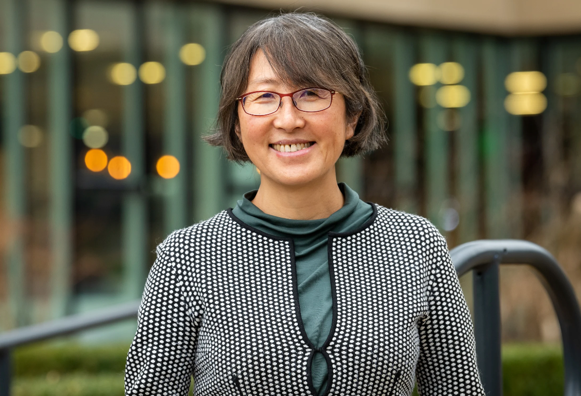
Keynote Title:
The role of power markets in energy transition - the UK experience
Keynote Abstract:
Her talk is concerned with the role of market in improving transparency and collaboration for achieving supply efficiency and resilience as we decarbonise. She will highlight the latest challenges in power market reform with increasing renewable energy, the progress in the UK making to achieve clean power 2030, and key lessons to learn and share.
Biography:
Furong is the Research Chair for National Grid Electricity Distribution/Royal Academy of Engineering, the co-Director for the UK’s National Centre for Energy Networks, and the Deputy Director of Centre for Sustainable Energy System, University of Bath. Her research is concerned with fundamental development of new algorithms, economic theories and analysis tools and their application to smart energy systems, smart markets, and energy transition, such as DNO to DSO transition. She is an expert at the UK Government’s Independent Panel for Electricity Standards Review (2019-2020), and academy lead for the UK Government commissioned feasibility study into Digital Spine for Energy Systems.
The role of power markets in energy transition - the UK experience
Keynote Abstract:
Her talk is concerned with the role of market in improving transparency and collaboration for achieving supply efficiency and resilience as we decarbonise. She will highlight the latest challenges in power market reform with increasing renewable energy, the progress in the UK making to achieve clean power 2030, and key lessons to learn and share.
Biography:
Furong is the Research Chair for National Grid Electricity Distribution/Royal Academy of Engineering, the co-Director for the UK’s National Centre for Energy Networks, and the Deputy Director of Centre for Sustainable Energy System, University of Bath. Her research is concerned with fundamental development of new algorithms, economic theories and analysis tools and their application to smart energy systems, smart markets, and energy transition, such as DNO to DSO transition. She is an expert at the UK Government’s Independent Panel for Electricity Standards Review (2019-2020), and academy lead for the UK Government commissioned feasibility study into Digital Spine for Energy Systems.
SPEAKER 5 : XIN ZHANG
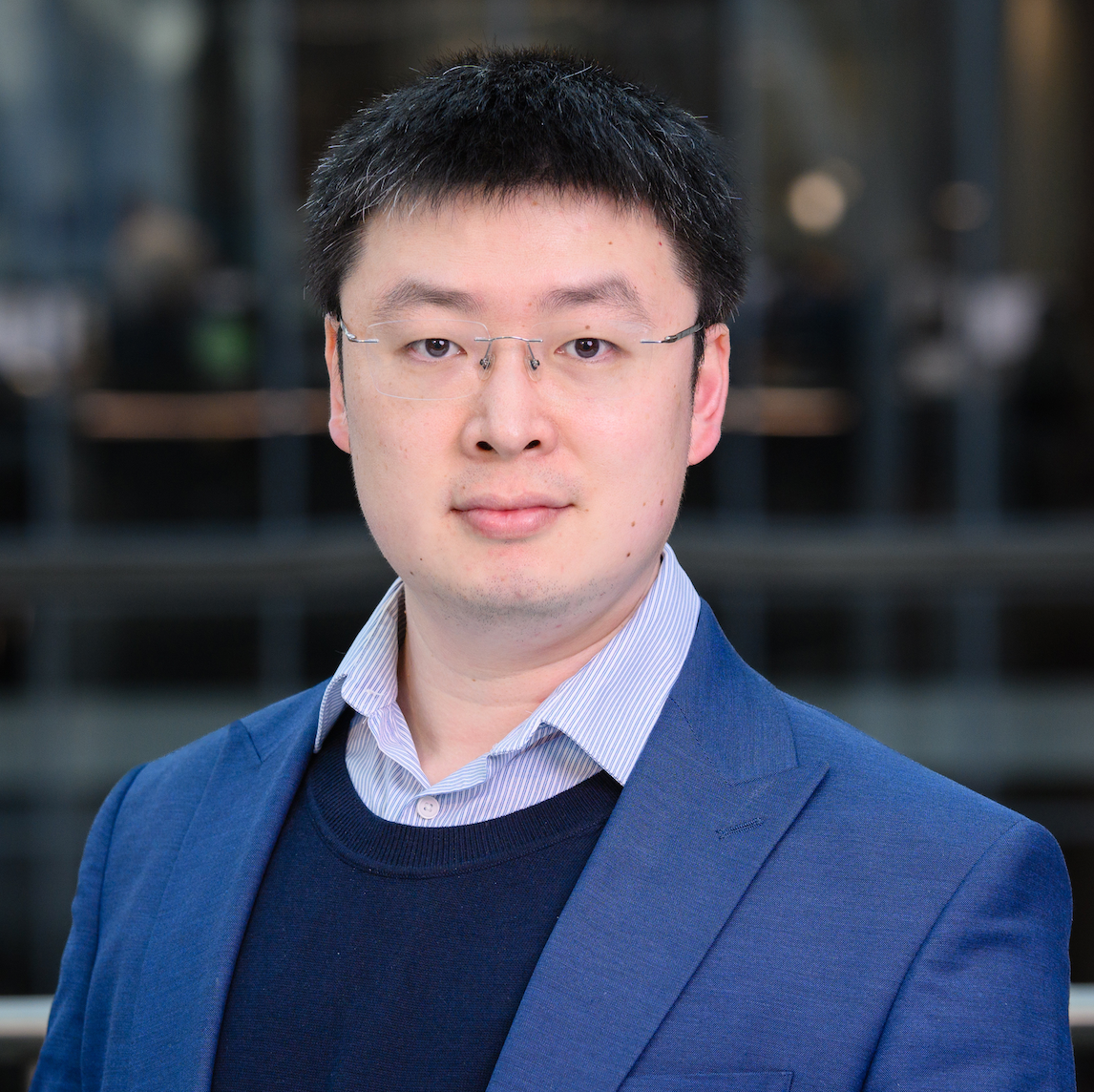
Keynote Title:
Cyber-Physical Power Systems Digital Simulation and Security Analysis
Keynote Abstract:
Cyber-physical power systems evolve new digital technologies that use advanced information and computing methods to better monitor and control the physical power systems. In this presentation, digital grid simulation facilities are developed that could potentially improve the security and control of cyber-physical power systems. Transmission and microgrid digital co-simulation platforms are developed for the fundamental integration of power and communications network simulators. OPAL-RT simulators are utilised in cyber-physical microgrid control, transmission analysis and dispatch. This project work is funded by UKRI Future Leaders Fellowship: “Digitalisation of Electrical Power and Energy Systems Operation”, the Royal Society International Exchanges Program with NSFC.
Biography:
Prof. Xin Zhang is the Professor in Control and Power Systems at the University of Sheffield, United Kingdom. Prof. Zhang is the Director of the Sheffield Control and Power Systems Laboratory, managing a research team of 4 associate professors/lecturers, 7 postdoctoral research associates, and 6 doctoral students. Currently, Prof. Zhang holds the UKRI Future Leaders Fellowship “Digitalisation of Electrical Power and Energy Systems Operation”, and an EPSRC New Investigator Award “Grid Flexibility through Multiscale Modelling and Integration of Power Systems with Electrified Air Transport”. His research experience covers power system operation and control, cyber-physical systems, and real-time digital grid simulation. Prof. Zhang has 8 years’ industrial experience with National Grid ESO as the GB Electricity System Operator, where he was professionally trained as a power system engineer in the GB Electricity National Control Centre. His industrial expertise includes power system modelling and operational tools development for energy balancing and network control of the GB power transmission system. Prof. Zhang has published over 40 high-quality journal papers on cyber-physical power system security and resilience in IEEE Transactions on Power Systems, IEEE Transactions on Smart Grid, IEEE Transactions on Sustainable Energy, IEEE Transactions on Information Forensics and Security, and the IEEE Internet of Things Journal. He serves as an Associate Editor for IEEE Transactions on Smart Grid, IEEE Power Engineering Letters, Protection and Control of Modern Power Systems, Energy Conversion and Economics, and Cyber-Physical Energy Systems.
Cyber-Physical Power Systems Digital Simulation and Security Analysis
Keynote Abstract:
Cyber-physical power systems evolve new digital technologies that use advanced information and computing methods to better monitor and control the physical power systems. In this presentation, digital grid simulation facilities are developed that could potentially improve the security and control of cyber-physical power systems. Transmission and microgrid digital co-simulation platforms are developed for the fundamental integration of power and communications network simulators. OPAL-RT simulators are utilised in cyber-physical microgrid control, transmission analysis and dispatch. This project work is funded by UKRI Future Leaders Fellowship: “Digitalisation of Electrical Power and Energy Systems Operation”, the Royal Society International Exchanges Program with NSFC.
Biography:
Prof. Xin Zhang is the Professor in Control and Power Systems at the University of Sheffield, United Kingdom. Prof. Zhang is the Director of the Sheffield Control and Power Systems Laboratory, managing a research team of 4 associate professors/lecturers, 7 postdoctoral research associates, and 6 doctoral students. Currently, Prof. Zhang holds the UKRI Future Leaders Fellowship “Digitalisation of Electrical Power and Energy Systems Operation”, and an EPSRC New Investigator Award “Grid Flexibility through Multiscale Modelling and Integration of Power Systems with Electrified Air Transport”. His research experience covers power system operation and control, cyber-physical systems, and real-time digital grid simulation. Prof. Zhang has 8 years’ industrial experience with National Grid ESO as the GB Electricity System Operator, where he was professionally trained as a power system engineer in the GB Electricity National Control Centre. His industrial expertise includes power system modelling and operational tools development for energy balancing and network control of the GB power transmission system. Prof. Zhang has published over 40 high-quality journal papers on cyber-physical power system security and resilience in IEEE Transactions on Power Systems, IEEE Transactions on Smart Grid, IEEE Transactions on Sustainable Energy, IEEE Transactions on Information Forensics and Security, and the IEEE Internet of Things Journal. He serves as an Associate Editor for IEEE Transactions on Smart Grid, IEEE Power Engineering Letters, Protection and Control of Modern Power Systems, Energy Conversion and Economics, and Cyber-Physical Energy Systems.



